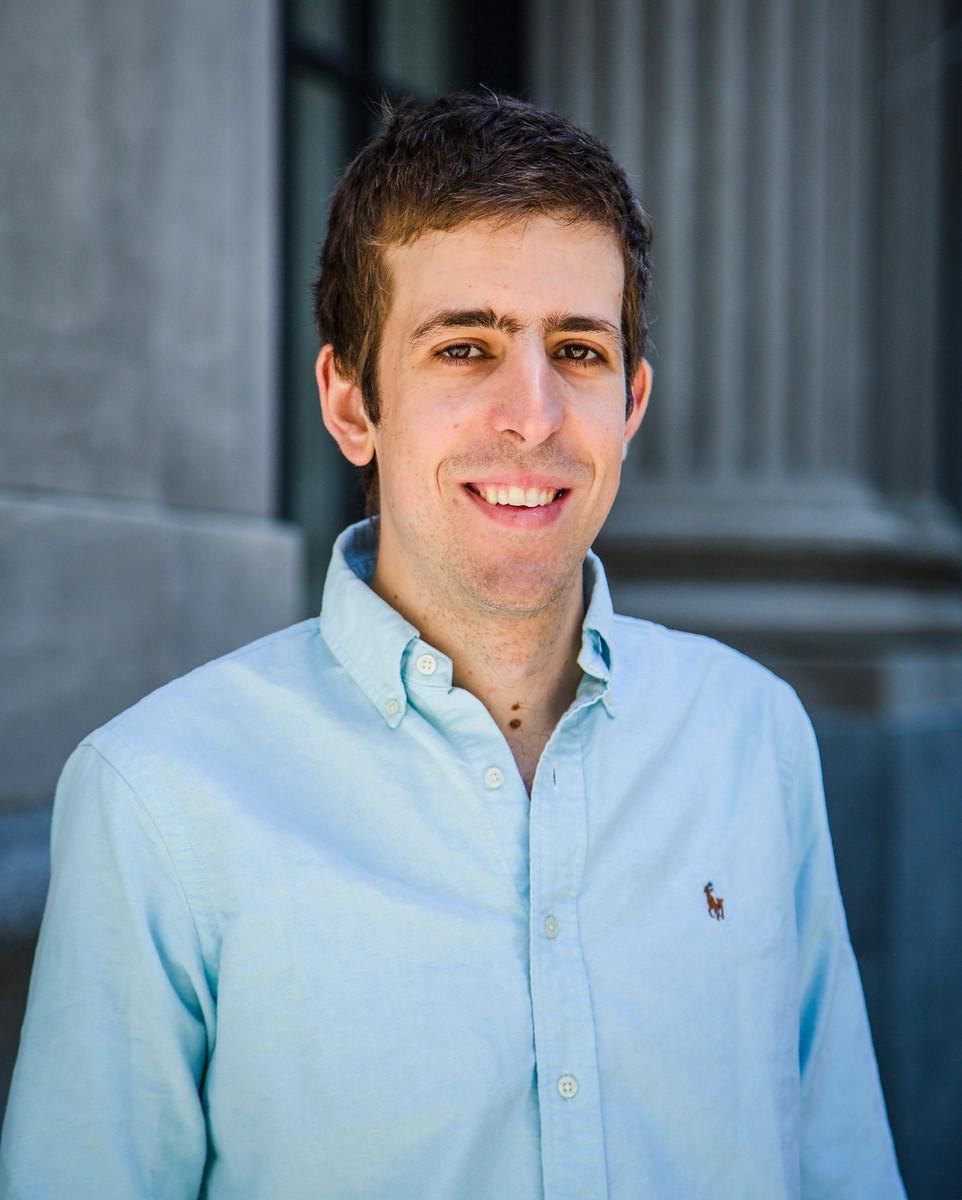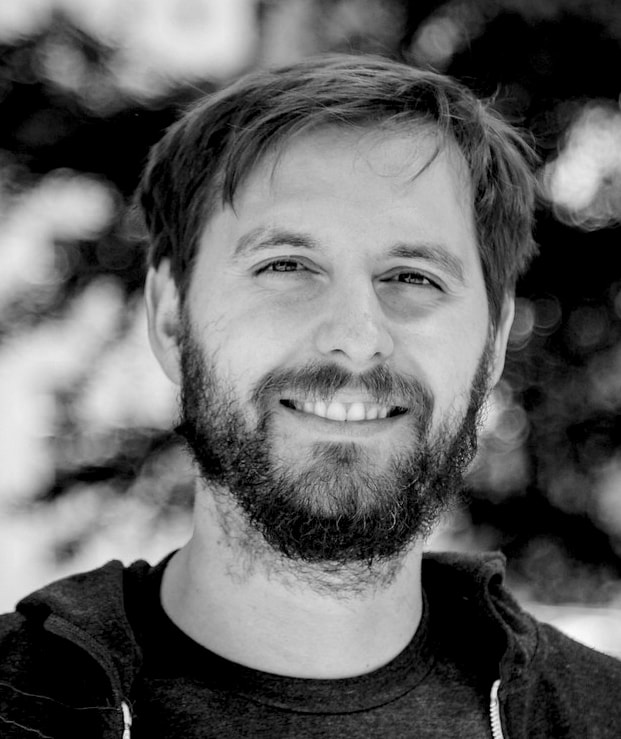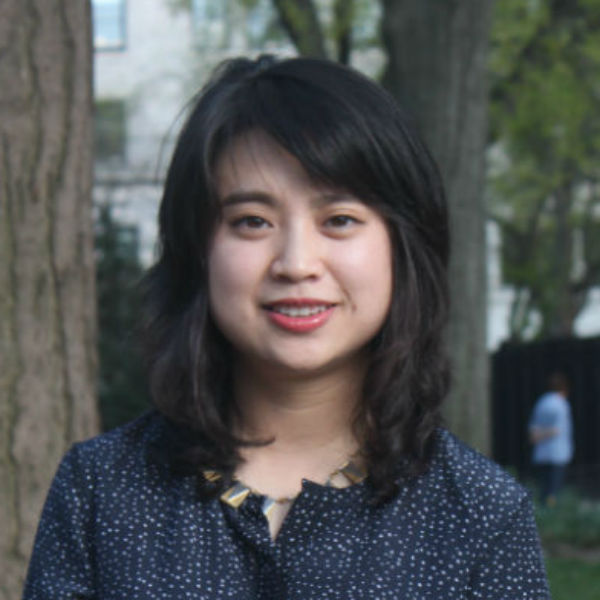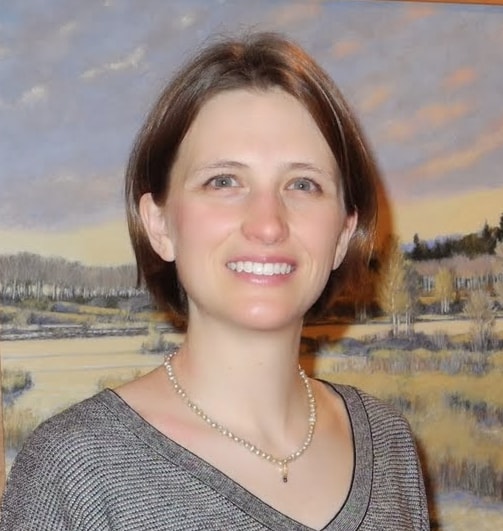Four NYU Faculty Members Receive Sloan Foundation Research Fellowships
February 28, 2018
NYU Assistant Professors Afonso Bandeira, Joan Bruna Estrach, Miranda Holmes-Cerfon and Tianning Diao are among the 126 scholars who won this year’s Alfred P. Sloan Foundation Research Fellowship — a prestigious accolade that serves as a financial catalyst for the research of talented early-career scholars. Recipients are awarded a $65,000 single lump-sum in monetary support toward their research over the course of two years. Three of the recipients work in the Courant Institute of Mathematical Sciences and the Center for Data Science.
The Sloan Foundation, named after former General Motors President Alfred P. Sloan, is a nonprofit philanthropic organization that provides grants and research funding to finance, education and science researchers annually in the United States. Since the Sloan Research Fellowship began in 1955, 43 fellows have gone on to win a Nobel Prize and 16 have won the Fields Medal in mathematics. Many candidates apply and the criteria are strict. Candidate must hold a tenure track at a degree granting college or university and they must hold their doctorate in chemistry, computational or evolutionary molecular biology, computer science, economics, neuroscience, ocean species or physics.
Afonso Bandeira

Bandeira teaches a class on data science at NYU’s Courant Institute of Mathematical Sciences and the Center for Data Science.
“I became interested in Math in high school — partly due to Math Olympiads,” Bandeira said. “After my undergrad and masters in math I started a doctorate in Applied Math at Princeton [University]. That’s where I started being interested in Computer Science and Data Science. The fellowship will certainly be a significant contribution to the research program of my group.”
Bandeira explained his work further in a press release published with the Program in Applied and Computational Mathematics:
“Bandeira seeks a deeper understanding of various processes for extracting information from data,” the report reads. “Bandeira’s work probes the limits of statistical inference with computational constraints.”
Joan Bruna Estrach

Bruna Estrach teaches mostly cross-listed courses — courses offered in more than one department — at Courant and the Center for Data Science.
Bruna Estrach explores the interplay between mathematics, statistics and
machine learning and said he hopes to use the fellowship resources to advance what he calls the mathematical foundations of deep learning.
“In particular, I have studied convolutional neural networks — the prevalent
machine learning model in computer vision, using tools from signal processing, such as wavelet representations,” Bruna Estrach said. “Recently, I have been pursuing generalizations of these convolutional models to more general data domains, with applications in physics, chemistry, biology and combinatorial optimization. I have also studied the high-dimensional optimization landscape arising when training neural networks.”
Bruna Estrach said that the fellowship will help him lead new motivated doctoral candidates forward in the field of mathematics and machine learning.
Tianning Diao

Diao teaches for the Chemistry department of the College of Arts and Science.
“Our group develops sustainable synthetic methods to prepare pharmaceutical and chemical products from small molecule chemical feedstocks,” Diao said. “In particular, we prepare catalysts from transition metals, such as nickel, in order to control the reactivity and selectivity of transformations. The catalyst design is inspired a thorough understanding of reaction mechanisms.”
Diao said the fellowship money will help her lab cover costly lab supplies and travel expenses.
Miranda Holmes-Cerfon

Holmes-Cerfon is an Assistant professor of mathematics at the Courant Institute of Mathematical Science.
“My mathematical work draws on many areas of pure and applied mathematics, but areas of particular interest include stochastic analysis, statistical mechanics, computational geometry and rigidity theory,” she said.
Holmes-Cerfon also said she is especially interested in probability theory and enjoys trying to build relationships between schools of thought.
“I just followed interesting and important problems as they came up, guided by various mentors along the way and eventually found an area where I had some ideas I could contribute, and kept following them,” Holmes-Cerfon said.
Email Louise Choi at [email protected].


























































































































































